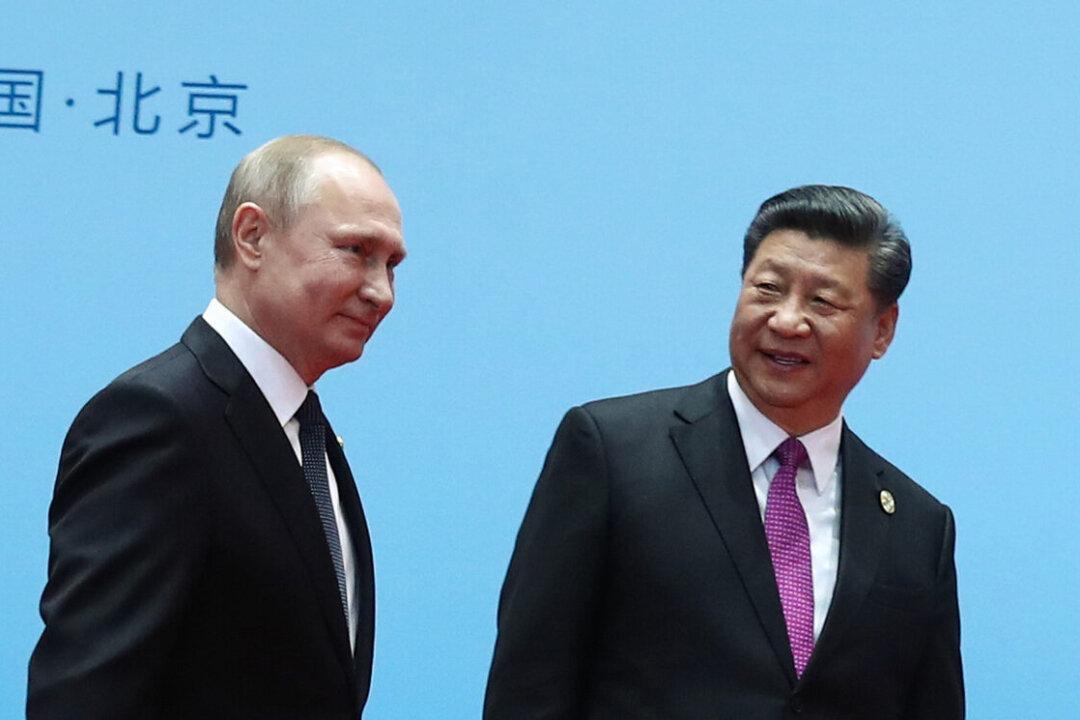China is considering buying energy, assets, and stakes in Russia’s bulk commodities companies.
Albert Song, a current affairs commentator familiar with the Chinese financial system, told The Epoch Times that during the Russia-Ukraine war, the Chinese Communist Party (CCP) has a huge appetite for commodities as part of its goals to expand its aggressive powers to “race against the U.S. and obtain a certain voice on the global stage.”





